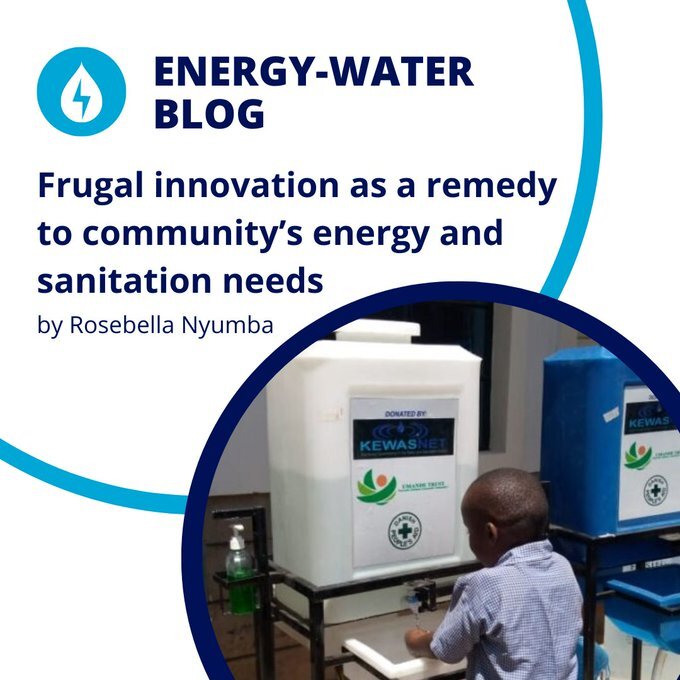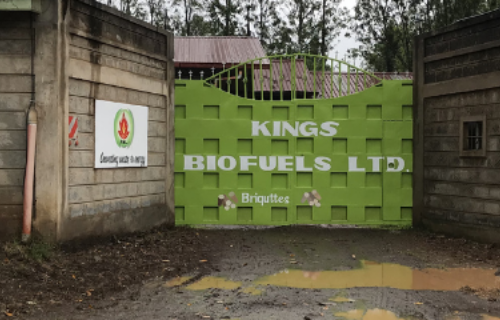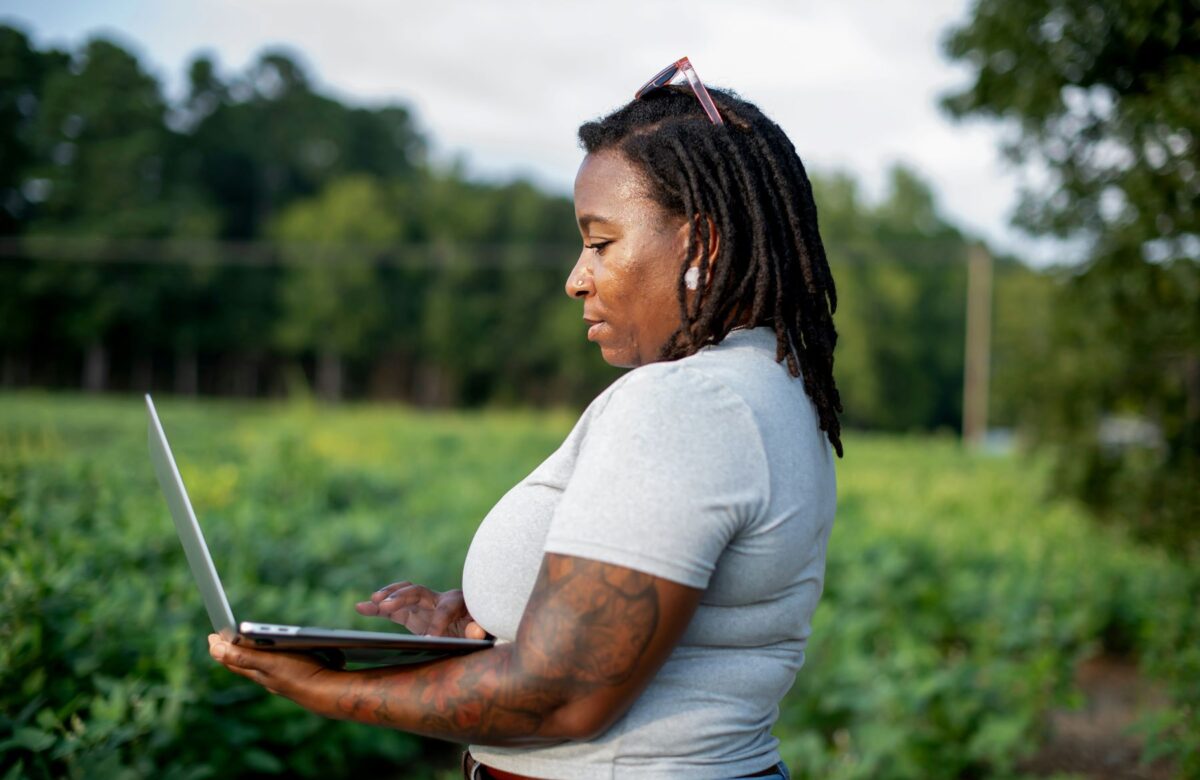Digital Platforms and Household Water Resilience for the Urban Poor
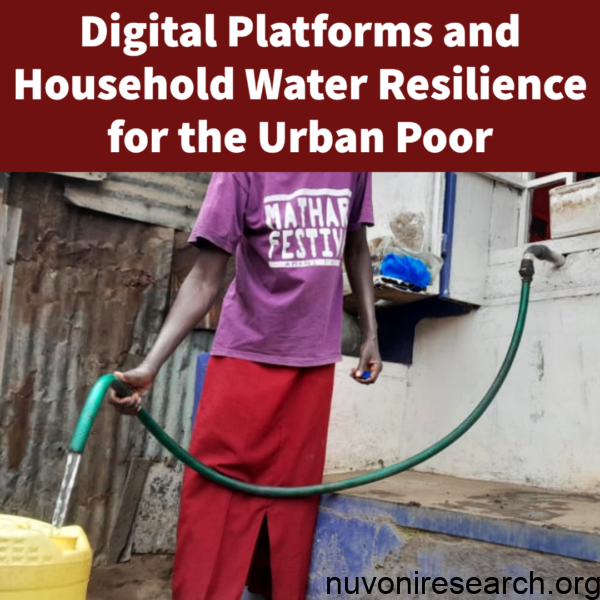
Introduction
Access to clean water for domestic use is one of the major challenges that residents of Mathare Valley have to deal with. This notwithstanding, residents are exposed to constant shocks of water shortage, an almost weekly occurrence within the informal settlement. The uncertainty of water availability, regardless of its quality, leaves residents in despair, without a choice and unaware of a reliable lasting solution to the situation. Sporadic availability of water at the public standpipes in the morning hours does not guarantee continuous flow of water throughout the day as the pipes can run dry at any time without a moment’s notice. Occasionally, the dry spells drag on for weeks, even months, after which water becomes momentarily available again.
To combat this, residents of Mathare resort to resilient mechanisms that help them adapt to the constant unpredictability of water supply within the settlement. More often than not, water storage is the de facto option for most of these locals. As a remedy, residents acquire as many water storage jerrycans as their limited space within their houses can accommodate. Other response actions at the individual or household level include borrowing water from neighbours with the promise to repay upon access to water, buying water from water vendors who leverage on the situation to make a killing, or walking long distances to neighbouring estates such as Kamukunji and Eastleigh in search of the precious commodity.
While households have deployed these adaptive mechanisms to a greater extent, they have remained highly ineffective, unreliable and costly for residents who besides acute water shortages, are constantly exposed to other hazards and vulnerabilities such as the ceaseless unreliable income sources. Our ongoing study on digital platforms and household resilience seeks to understand application and use of digital platforms for resilience against shocks such as the acute water shortages in Mathare. Water shortage is a perennial problem within the settlement, exacerbated by high cost of water sourced from vendors who exploit the residents with extremely high prices in order to rake in exorbitant profits.
Interestingly, a significant number of households have shifted to technology and use of digital platforms to address uncertainties of water access.
During acute water shortage spells, residents have limited choices to access water, a basic human need. These choices include buying water at a high cost from hand cart water vendors, and walking long distances to access water from neighbouring estates, a physically and economically taxing pursuit. This deprives households of this precious commodity, as well as exposing them to unsanitary living environments characterized by open faecal material in the usually open storm drains.
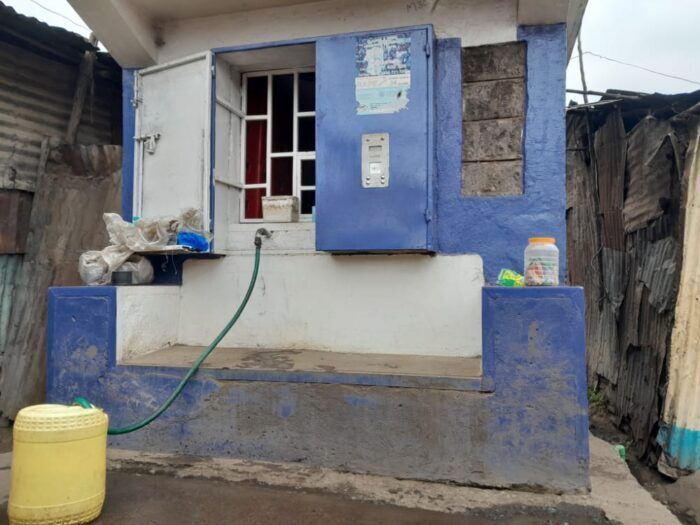
Interestingly, a significant number of households have shifted to technology and use of digital platforms to address uncertainties of water access. The Nairobi City Water and Sewerage Company (NCWSC) has two major water lines cutting across the settlement. One of the lines is at the periphery of the settlement along the main street that is Juja Road, while the other runs along Mau Mau Road, which bisects the west side of the settlement up from Mathare River.
Along these two major water reticulation lines, the NCWSC erected water kiosks that almost always have flowing water, which can only be accessed using smart water cards. Smart water cards are fitted with a microchip and sensor, and card holders are able to credit the card via M-PESA. M-PESA is a leading financial platform for payments, withdrawal and transfer of money in Kenya. This soft mobile money wallet has played a pivotal role in enabling financial inclusion in Kenya.
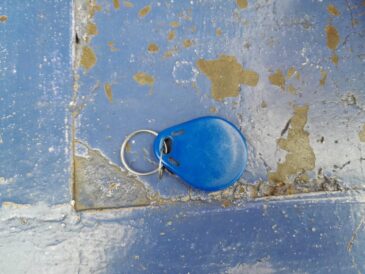
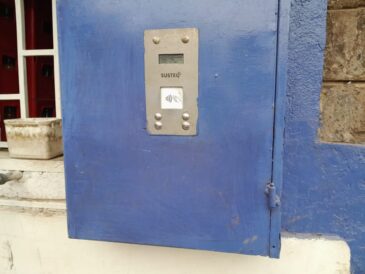
After the card is loaded with cash, card holders can access water from any NCWSC water kiosk within the settlement, provided it is fitted with the smart water card platform. Card holders swipe the card for a 20-liter water jerrycan at only Kshs. 3. Non-cardholders can also access the same amount of water by paying cardholders Kshs. 5 to use their loaded card.
NCWSC recruits agents that onboard residents to the platform. The agents also sell water at the kiosks at Kshs. 5 for non-cardholders. This move ensures that households can access water at a fair price in times of water shortage and are safe from exploitation from water vendors, who sell the same amount of water (20 litres) for at least Kshs. 20. The major hurdles limiting access to this digital water resilience mechanism include: few numbers of NCWSC water kiosks available within the settlement, dysfunctional NCWSC water kiosks, and rogue cardholders and agents who take advantage of the constant water shortage to increase the price of water during scarcity periods.
Nevertheless, cardholders are by far the greatest beneficiaries of technology for water resilience. They are almost always assured access to safe and clean water anytime of the day and at an affordable price as long as their cards are credited. Crediting the card is instantaneous since as a regulatory requirement, M-PESA is almost always available without a downtime. This contains the shocks associated with water shortage, enabling households to focus on other resilience mechanisms to better their livelihoods.
So, What's Next?
There is a greater need to increase the use of technology to address persistent water shortages. To attain this across the entire settlement, NCWSC ought to repair broken water kiosks and increase their efforts to onboard more households to the platform. This will ensure households can access clean water at any given time and at an affordable rate while simultaneously cutting down on middlemen and unscrupulous water vendors. Indeed, digital platforms provide absolute means of enhancing resilience within households, particularly within the urban poor.
Story by: Harrison Kioko
Related Perspectives
Physical Address
No. MK088, Ushindi West Avenue,
Mukuyu Rd (Mukuyu West Wing), Thome 1
Nairobi, Kenya
Organization
Subscribe for newsletter & get news, events and publications updates
Contact Us
Office Tel: (+254) 20 8009928 |
Mobile: (+254) 706 324 467
© 2026 Nuvoni Research

